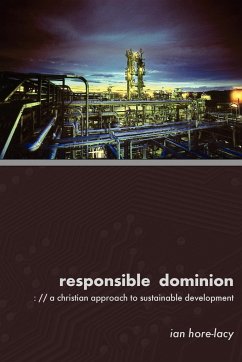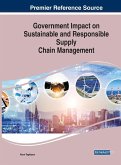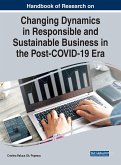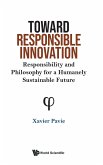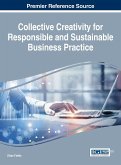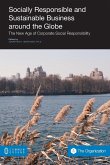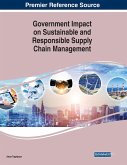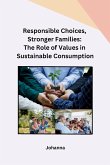Many Christian books on environmental care and awareness have been published in recent years but few, if any, grapple effectively with today's sustainable development agenda, which is increasingly focused on finding creative ways to balance environmental conservation with humanitarian concerns. Responsible Dominion approaches sustainable development from a Christian perspective, arguing that some Christian environmental writings are deeply flawed in that they do not take seriously enough the biblical emphasis on the value of human life. Ian Hore-Lacy argues that there is an appropriate use of God's creation to meet the needs of people, and then proceeds to explore what is practical and sustainable, especially in relation to land use, food production, minerals and energy. The book contends that modern secular environmentalism is deficient, with hidden agendas inimical to human values. In contrast, Christian stewardship should involve attention to the human economy as well as the natural ecology. Science and technology bring these aspects together and provide the tools for Christians to virtuously apply their lives to meeting people's needs by focusing on the utilitarian aspects of creation without losing sight of the real needs of human beings or the need to care for God's creation. Ian Hore-Lacy serves as Director of Public Communications for the World Nuclear Association. He served on the Board of Zadok Institute for Christianity & Society in Australia for 20 years and is a Fellow of ISCAST, the Australian counterpart of UK Christians in Science. He played an active role in establishing environmental education in Australian schools in the early 1970s and briefly worked for the Australian Conservation Foundation to foster environmental studies centres. He is author of several textbooks including Living in a Food Web,Creating Common Wealth and Nuclear Electricity.
Hinweis: Dieser Artikel kann nur an eine deutsche Lieferadresse ausgeliefert werden.
Hinweis: Dieser Artikel kann nur an eine deutsche Lieferadresse ausgeliefert werden.

